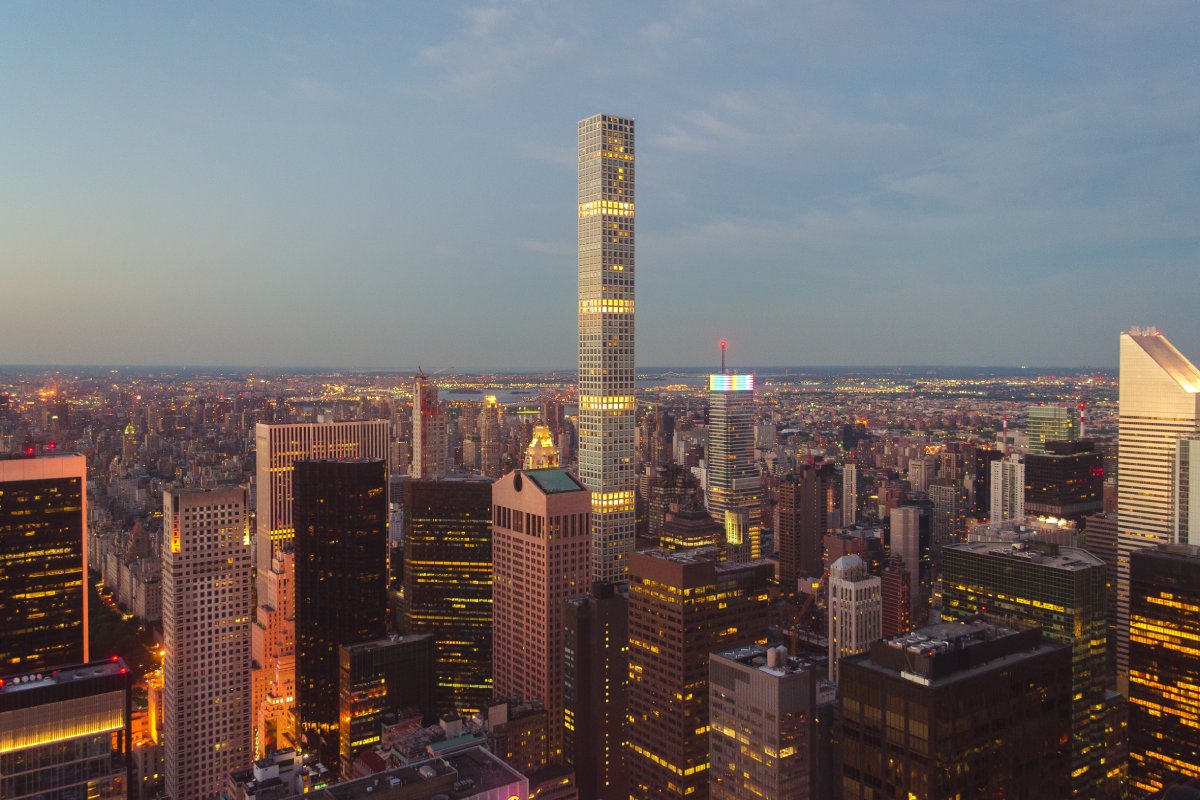Skift Take
City leaders need to develop a new vision for their downtowns— one that relies less on the old 5 day 9-5 work model.
The U.S. travel industry is cheering on the Biden Administration’s new push to get more federal employees back into the office.
President Joe Biden has asked his Cabinet to “aggressively execute” plans to have federal employees spend more time in the office. About 17 of the 24 federal agencies are on average using 25% or less of their headquarters buildings, according to a Government Accountability Report.
The U.S. Travel Association, the industry trade group, applauded the news. Getting federal workers back into the office is “critical to the success and vibrancy of American cities” and supports the recovery of travel, said Tori Emerson Barnes, executive vice president of public affairs and policy.
It’s not just the federal government. Large private sector companies are starting to get their workforces back in the office. Zoom, Google and Meta are starting to require employees to work at their offices at least a few days a week.
Since the pandemic ended, employees have been slow to return to the office. The office vacancy rate in the U.S. hit a record high of 13.1% in the first of this year, according to the National Association of Realtors.
“It’s certainly still a concern,” said LA Tourism CEO and President Adam Burke. “We absolutely need to continue to see a robust recovery of downtown.”
Cities are losing billions as workers spend more time working remotely and fewer days in the office. New York City’s Manhattan, for example, has been losing a reported $12 billion in worker spending, according to Bloomberg.
Tourism bureaus have been doing their part to fill offices. San Francisco Travel, LA Tourism and Travel Portland each mandate their employees return to the office a few days a week.
“Part of the reason why we’re hybrid is we want to support the return of downtown because the way you get downtown back is to get people back in offices,” said Burke. “That’s just destination stewardship.”
Cities not only lose money, they also lose that aesthetic vibrancy that office worker foot traffic brings to downtown businesses and events. Buzz, activities, events and shows support the tourism experience, said Matt Bernas, Intrepid Travel President of Americas.
San Francisco downtown’s decline, for example, reached the point when some tour operators had to cut their time there in response to negative customer feedback.
Another problem is that the city is losing suburbanites, a group that now telecommutes, as potential tourism ambassadors. A large share of Portland’s suburbanites, for example, now won’t recommend the city to their friends and family because they are staying too much at home and “in their bubble”, said Travel Portland CEO and President Jeff Miller
Governments have prioritized getting their employees and pushing the private sector to help. New York City Mayor Eric Adams has been urging Wall Street executives to get their workers back in the office.
When Portland’s city government — the city downtown’s largest employer — mandated workers spend at least 20 hours in the office, it helped “immensely,” said Miller.
But employers face a significant obstacle to full time office hours: employees don’t want to be back full time. About 90% of employees currently remotely or hybrid said they would look for another job if their employer mandated a full time return, according to Gallup.
NYC Tourism+Conventions plans to increase the number of days employees stay in the office from two to three days this fall. One reason why it doesn’t mandate more days in the office is the competitive job market of New York, said a spokesperson.
Even Adams rolled back his attempt to get New York City employees back full time and accepted a hybrid model after significant pushback and putting city agencies at risk of having thousands of jobs unfilled.
Downtown vacancy rates is one of the latest issues Skift spoke about with several CEOs of the destination marketing organizations from top U.S. tourist destinations. Among the other issues:
- Securing the 2026 FIFA World Cup final game.
- The damage visa delays do to international marketing.
- Replacing the loss of Chinese tourist spending.
- Where they are investing their federal Covid relief funds.
- Supporting return-to-office policies to revitalize downtowns and more
Have a confidential tip for Skift? Get in touch
Tags: google, los angeles, meta, nyc, portland, san francisco, Zoom
Photo credit: Miikka A. on Unsplash Miikka A. / Unsplash


